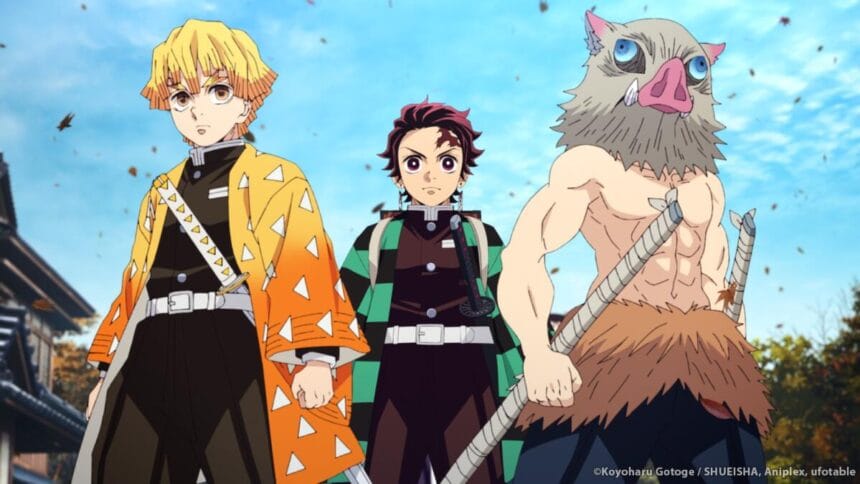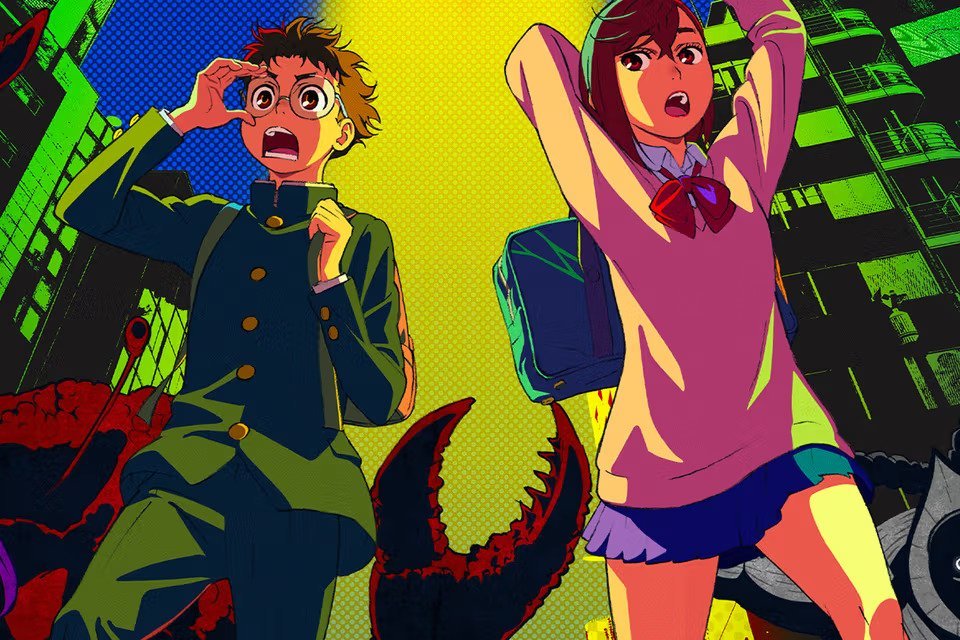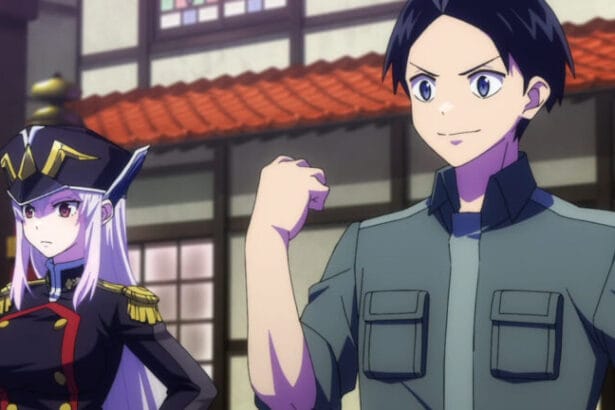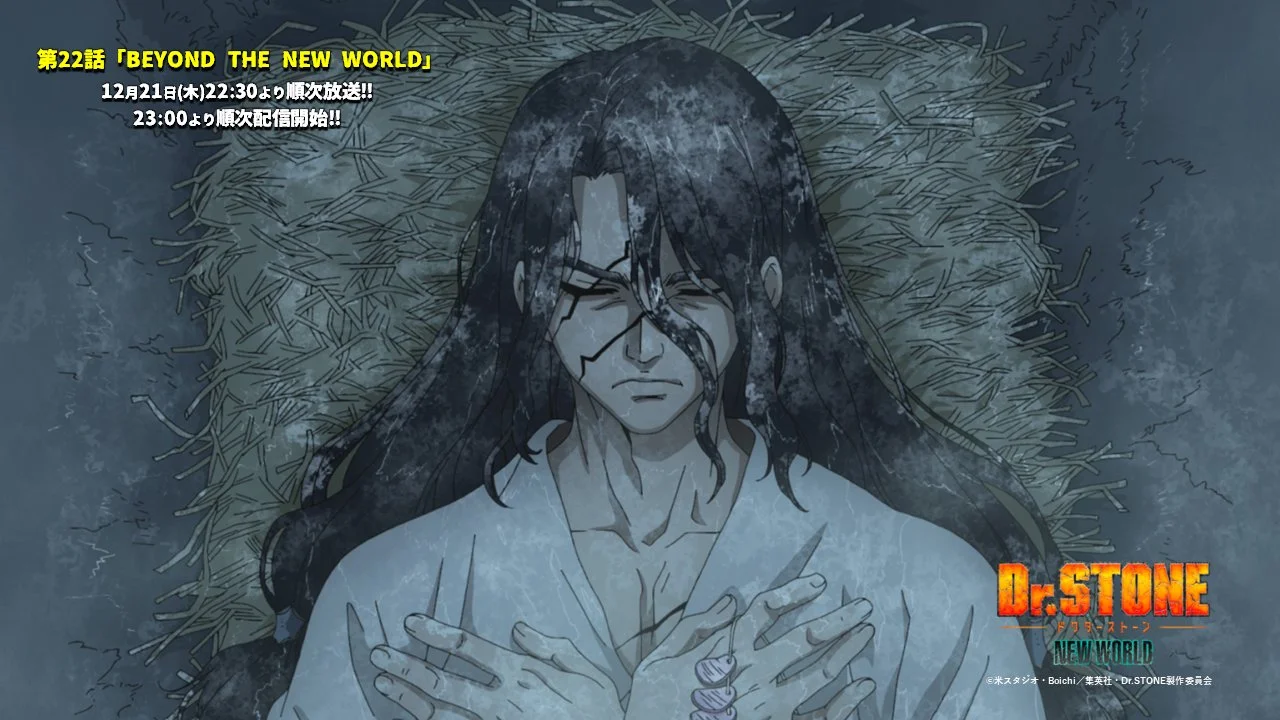Sony’s anime branch, Aniplex, has joined several major members of Japan’s Content Overseas Distribution Association (CODA) in asking the organisation to contact OpenAI regarding the unauthorised use of copyrighted anime material in the training of its Sora 2 video generator.
Sora 2 is a tool that enables users to create short animated clips and videos by simply typing text prompts. However, reports suggest that much of its generated content appears to be heavily influenced by existing Japanese works, sparking serious concerns about copyright among studios and rights holders.
According to CODA, a significant number of Sora 2’s outputs “closely resemble Japanese media and imagery,” raising questions about whether replicating copyrighted works during the machine learning process may amount to copyright infringement.
The organisation also criticised Sora 2’s “opt-out” approach, which requires copyright holders to manually request the removal of their works from training datasets. CODA emphasized that in Japan, creators must give explicit consent before their works are used, meaning the system effectively bypasses national copyright norms.
In response, CODA has formally requested that OpenAI refrain from using its members’ creative works for AI training without prior authorization and has asked the company to clarify exactly how its datasets have utilized copyrighted material.
CODA’s membership list includes some of Japan’s most influential entertainment companies—Sony’s Aniplex, Bandai Namco, Studio Ghibli, Square Enix, Kadokawa, Shueisha, and others—making this a major moment in the growing debate over AI and creative ownership.
For Sony and Aniplex, the issue hits especially close to home. The company has invested substantially in anime production in recent years, viewing it as a key driver of future growth. Its studios have seen massive international success with recent releases such as Demon Slayer: Infinity Castle and Chainsaw Man: Reze Arc, both of which dominated box offices worldwide.
This development highlights the growing tension between AI innovation and the protection of artistic works, particularly in industries such as anime, where visual style and creative identity are deeply tied to Japan’s cultural exports.










